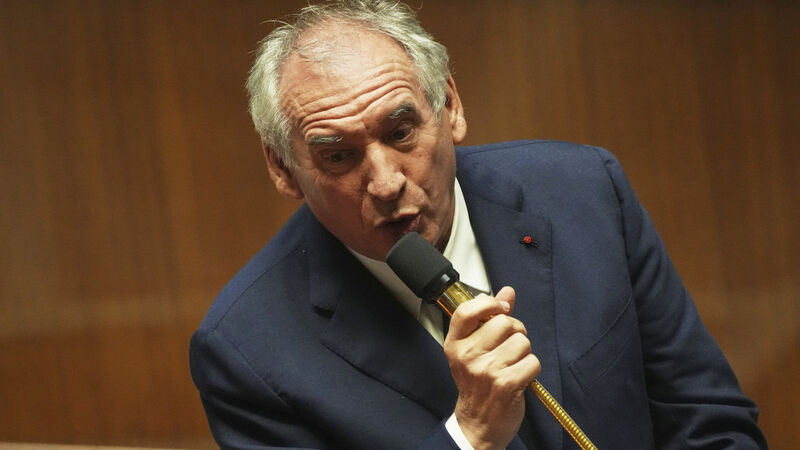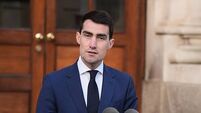France’s government toppled as PM Francois Bayrou ousted in confidence vote

Legislators toppled France’s government in a confidence vote on Monday, a new crisis for Europe’s second-largest economy that obliges President Emmanuel Macron to search for a fourth prime minister in 12 months.
Prime Minister Francois Bayrou was ousted overwhelmingly in a 364-194 vote against him.














